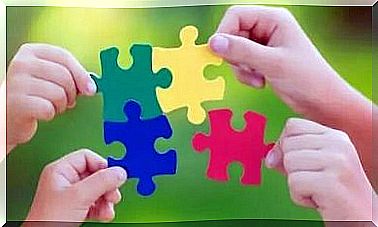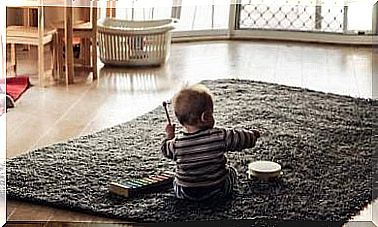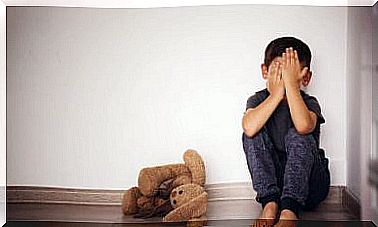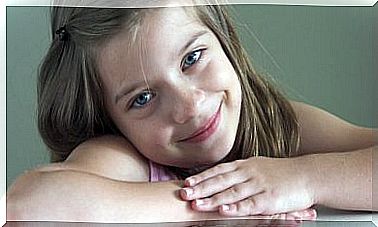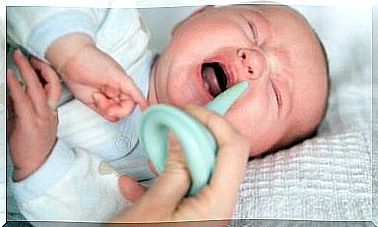Does The Birth Order Affect Your Personality?

Siblings take on different roles, depending on whether they are older or younger. In fact, it is a phenomenon that is happening in all families. In this article, we will talk about how birth order among siblings affects your personality.
The birth order can have a big effect on children’s personality and behavior. This is true whether you are an only child, the oldest, middle or youngest. Without a doubt, birth order is a topic that deserves special attention.
Likewise, we know that the prenatal environment of the mother changes with each pregnancy. After birth, the firstborn tends to get more attention and investment from his parents.
With the arrival of a new brother or sister, a hierarchy takes shape. The children choose certain roles or niches, within the family, to differentiate themselves.
In fact, a recent study has estimated that first-born children get about 3,000 more hours with their parents when they are between 4 and 13 years old than their younger siblings during the same time period.
Many people think that attention makes them responsible, with a greater pressure to succeed and do things right. In addition, parents also tend to relax more with later children.
How does the birth order affect your personality?
It has been proven that the order of birth affects the personality of any individual. Although they share the same father and mother, not all children react in the same way.
It is fascinating that the birth order has a direct impact on how children’s personalities develop. Of course, it is difficult to generalize, but you can identify common characteristics and draw certain conclusions.
The first child
In most households, the first child is a form of experimentation for new parents. In this situation, most parents use a mixture of instinct and trial-error method.
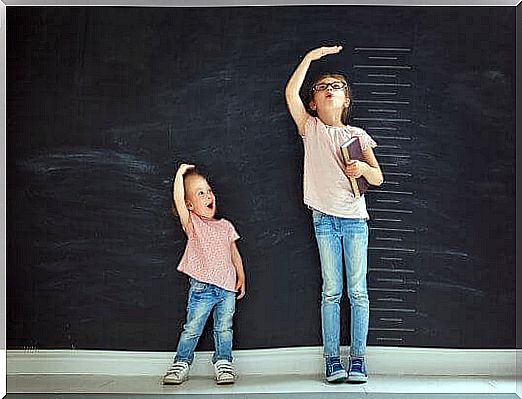
As a result, parents are extremely attentive caregivers with very strict rules. In doing so, it causes the first child to become perfectionist and always try to please the parents.
The second child in the birth order
With the arrival of the second child, parents tend to become more resilient. This is due to their experiences with the first child.
It is possible that the second child who is used to sharing attention with the first child becomes much more independent. This child also does not need to ask for help as many times as the older sibling.
Younger siblings often do not have as much responsibility and more freedom. They often try to do things their own way.
Children in the middle
Children born in the middle tend to be less defined in their personality than their younger or older siblings. In fact, they may acquire the behavior of the older or younger siblings, or they may find some sort of combination of the two.
Furthermore, they usually have the ability to see things from other people’s perspective. This is because, they always maintain the challenge of being connected and navigating the events of the people around them.
Only children
Only children do not have to compete with other siblings. It causes them to monopolize all the attention and resources of the parents.
They not only do this for a short period of time, but rather forever. Without a doubt, it creates children who are so privileged to have all the support from their parents, all the time.
According to the birth order, only children have many characteristics from older adults, but with less intensity. They are not pushed aside on the arrival of a new sibling. They are not under pressure to lose their privileged position.

In addition to the birth order, it is important to take into account the fact that parents treat their children differently. This fact shapes, of course, their children’s attitudes and behaviors.
The reality is that the birth order hardly seals the fate of children. Children’s personalities are still a random mix of their own genetics and the experiences they encounter in childhood.
Therefore, if the birth order pushes them in a certain direction, it is only a small part of a cumbersome puzzle. Parents will, of course, be the crucial players in this whole process.

